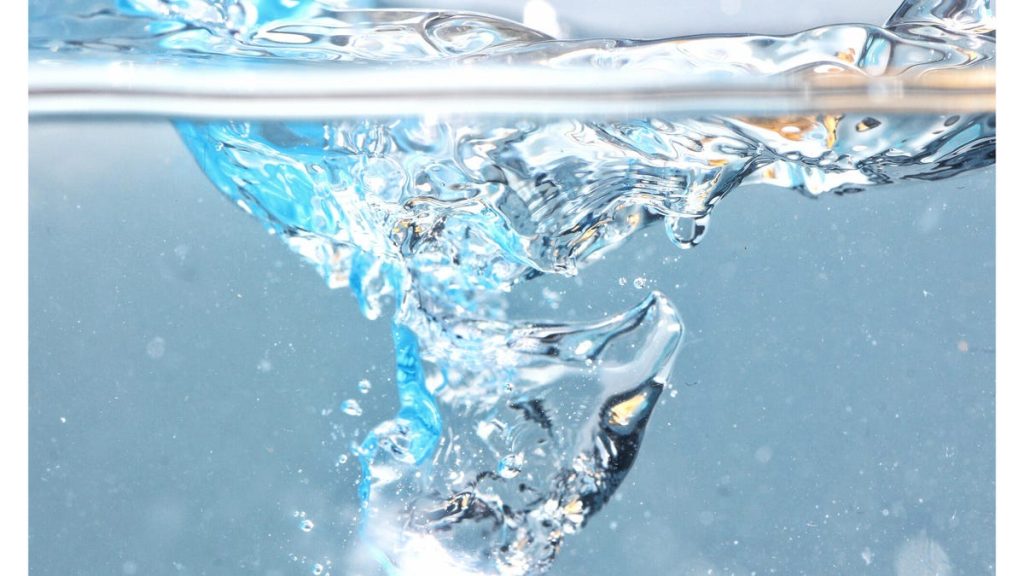It can be challenging to determine how much water you need, especially in extreme heat conditions. Our bodies require more water to compensate for the sweat that helps us stay cool. Dehydration is a serious issue that can lead to fatigue, spikes in blood pressure, and irregular heart rate. Despite the popular belief in the eight-by-eight rule (drinking eight glasses of water at 8 ounces each), there is no scientific evidence to support it. The adequate intake of water varies for each individual, with men needing 3.7 liters and women needing 2.7 liters per day. Factors like activity level, climate, pregnancy, and breastfeeding can influence your hydration needs and require higher water intake.
Certain individuals may need more water than others based on their lifestyle and circumstances. Those with active jobs or who exercise frequently need to replenish the fluids lost through sweat. Additionally, living in a hot climate or being pregnant or breastfeeding also increases the need for more water intake. Various guidelines for staying hydrated include drinking when thirsty, consuming water before and between meals, drinking eight glasses a day, and drinking half your body weight in ounces. Experimenting with these methods can help you determine what works best for you and ensure you’re not battling signs of dehydration like chronic fatigue or headaches.
Maintaining proper hydration is essential for overall health, and your total water intake can come from beverages and foods other than just plain water. Keeping a glass of water at your workstation or structuring water intake around mealtime can help make hydration a habit. It’s crucial to listen to your body’s signals for thirst, as some individuals may have stronger thirst mechanisms than others. Determining whether you are properly hydrated can also be based on the color of your urine – clear pee indicates you are well-hydrated, while dark urine could mean you need to increase your water intake. Establishing a personalized hydration routine based on your individual needs and goals can help you feel your best and stay healthy.


